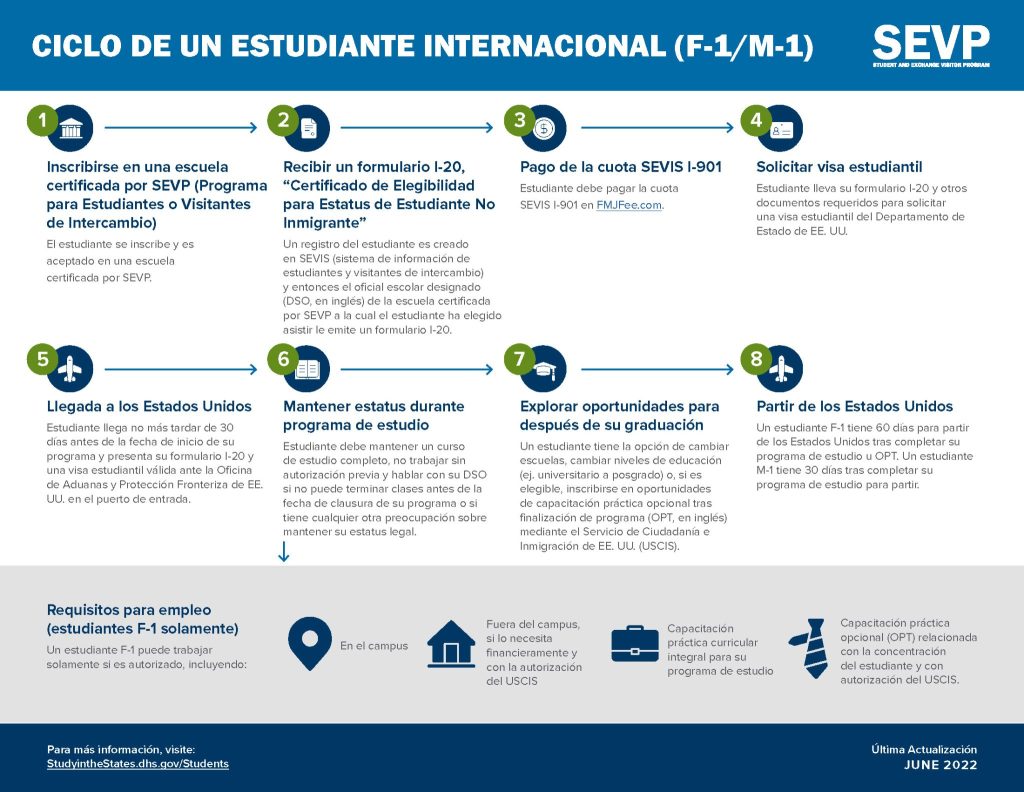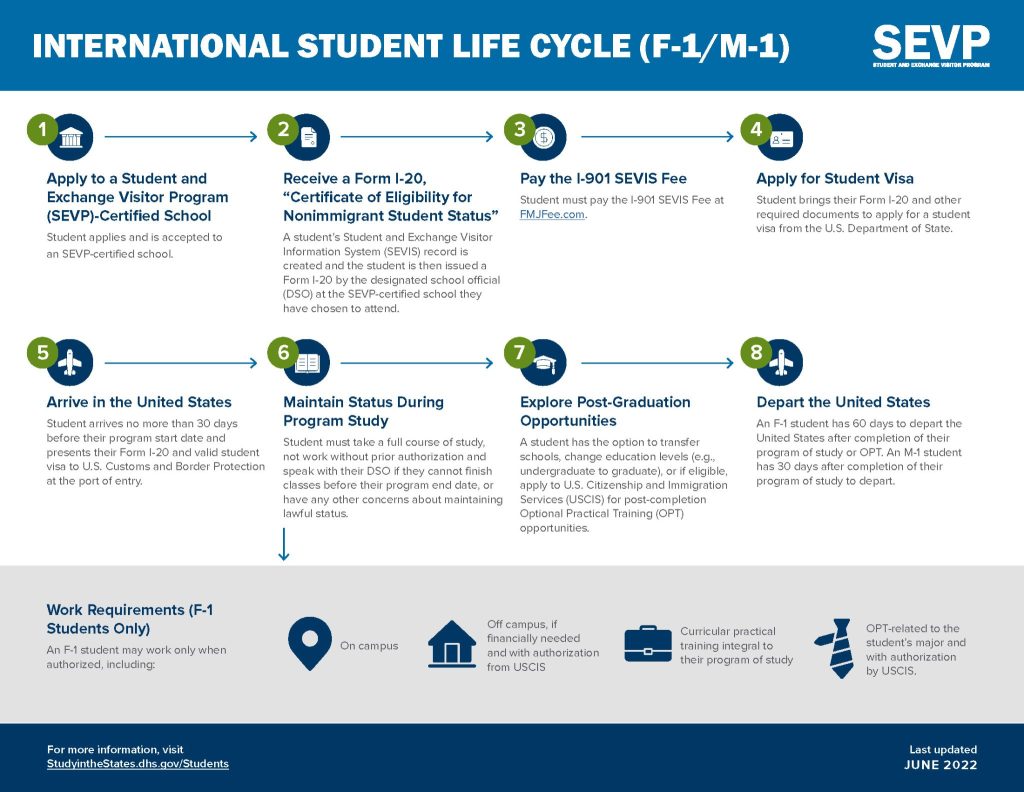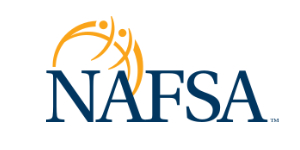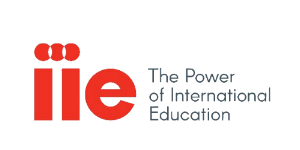Frequently Asked Questions
UCEDA International is a school which is authorized under federal law to enroll international students. No school can provide visas; that is the responsibility of the U.S. government. We can certify your eligibility for nonimmigrant (F1) student status, and then you may apply for a visa at a U.S. Embassy or Consulate.
Yes, this school is authorized under federal law to enroll nonimmigrant (F1) students. The Form I-20 is a Certificate of Eligibility for the F1 student visa, which we can provide after you are accepted at UCEDA International. You will need the I-20 document in order to apply for the F1 visa at a U.S. Embassy or Consulate.
No. UCEDA International will only issue the Form I-20 to prospective F-1 students who enroll in a full-time program of study. J-1 and B-1 students can enroll in part-time programs of study. J-1 students may receive a Form DS-2019 from a U.S. sponsor designated by the Department of State’s Bureau of Educational and Cultural Affairs.
At UCEDA International, we currently accept financial documents in English, Spanish, or Portuguese as we have staff who can interpret and certify translations in those languages. Financial documents submitted in other languages must be accompanied by a certified translation to English.
In order to certify eligibility, a school official must receive and review a copy of your valid passport, your application form, and bank statements from your account and/or a sponsor’s account showing sufficient funding to live and study in the United States for the duration of your program.
If traveling by sea or air, you do not need to request or carry a Form I-94. There is a new automated Form I-94 process. The Customs and Border Patrol (CBP) officer will create an electronic automated arrival Form I-94 during the admissions process for nonimmigrants entering the United States at an air or sea port, with information already available in various law enforcement databases. The Form I-94, “Arrival/Departure Record,” is evidence of a nonimmigrant’s term of admission and used to document legal status in the United States, including length of stay and departure. For more information regarding the Form I-94 automation, please review the resources below:









